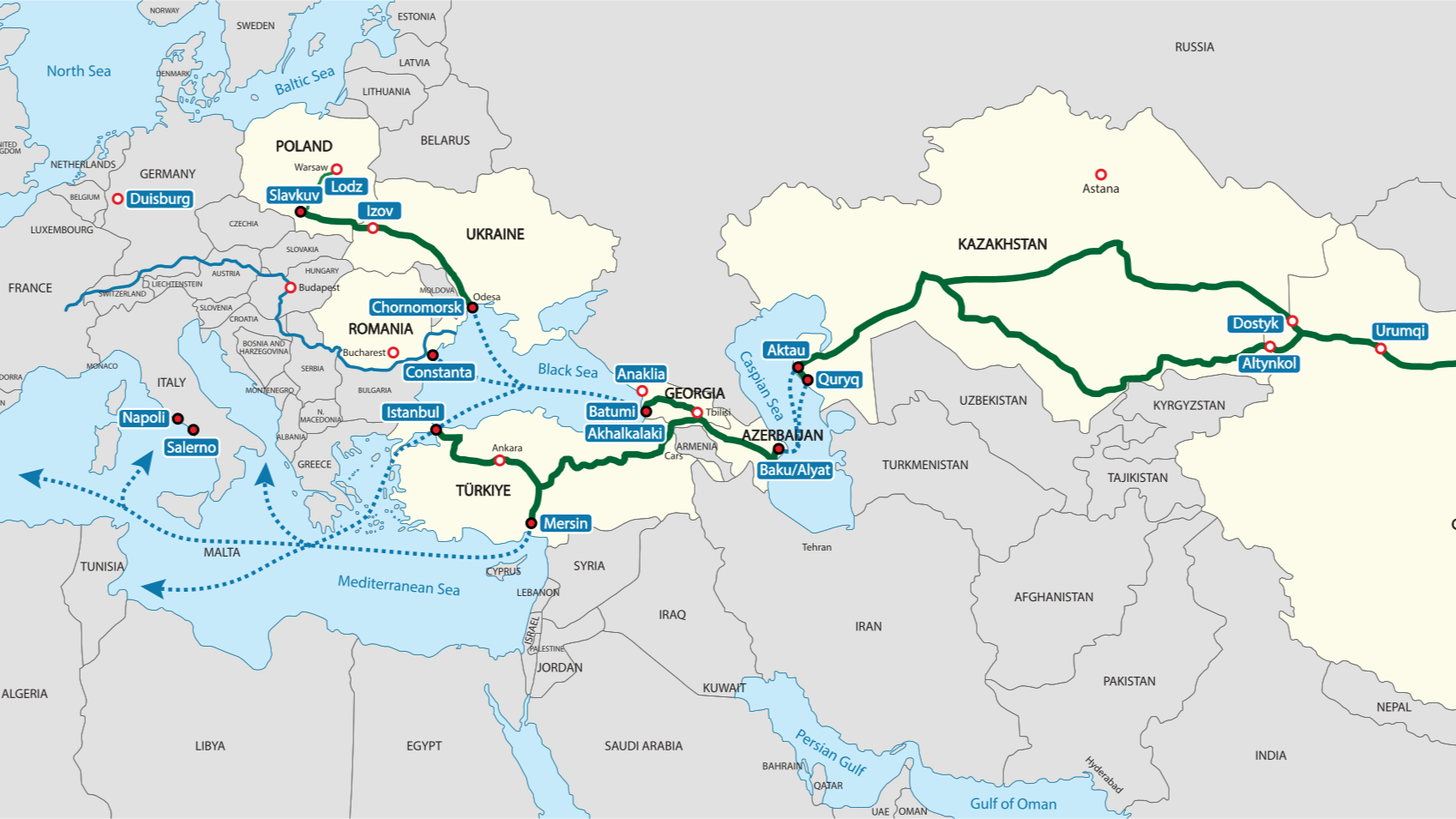
Can Hungary Help Shape Eurasia’s Balance of Power?
The recent informal summit of the Organization of Turkic States in Budapest showcased Hungary’s growing profile. Now it’s time to think bigger.

The recent informal summit of the Organization of Turkic States in Budapest showcased Hungary’s growing profile. Now it’s time to think bigger.
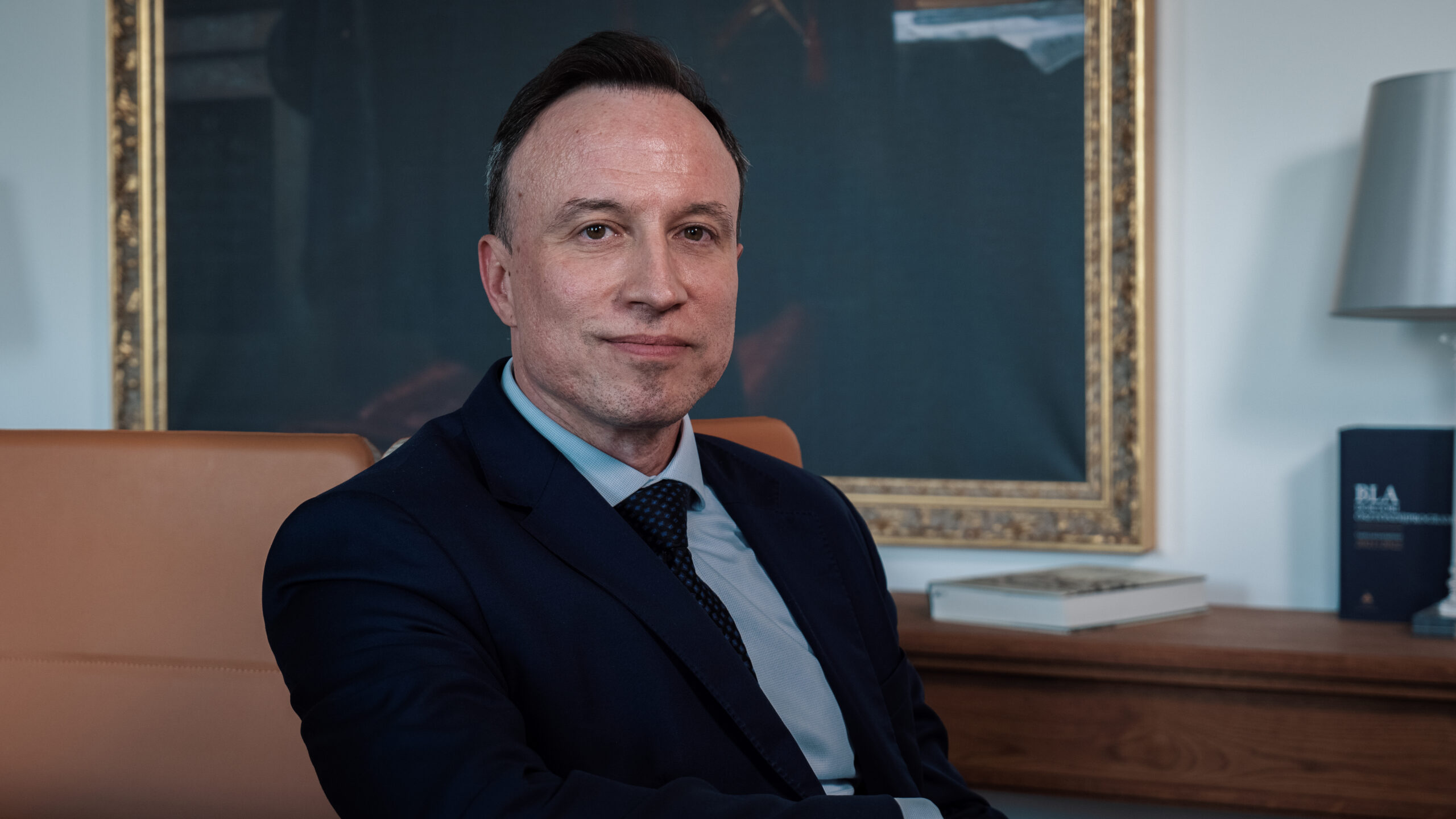
‘We can already assert with confidence that by the end of the decade, Richter is well positioned to become the leading gynaecological company in Europe,’ Gábor Orbán stated in an interview with Hungarian Conservative. The CEO of Gedeon Richter, the Hungary-based pharmaceutical giant, discussed the company’s successes in the US and global markets, as well as its future plans.
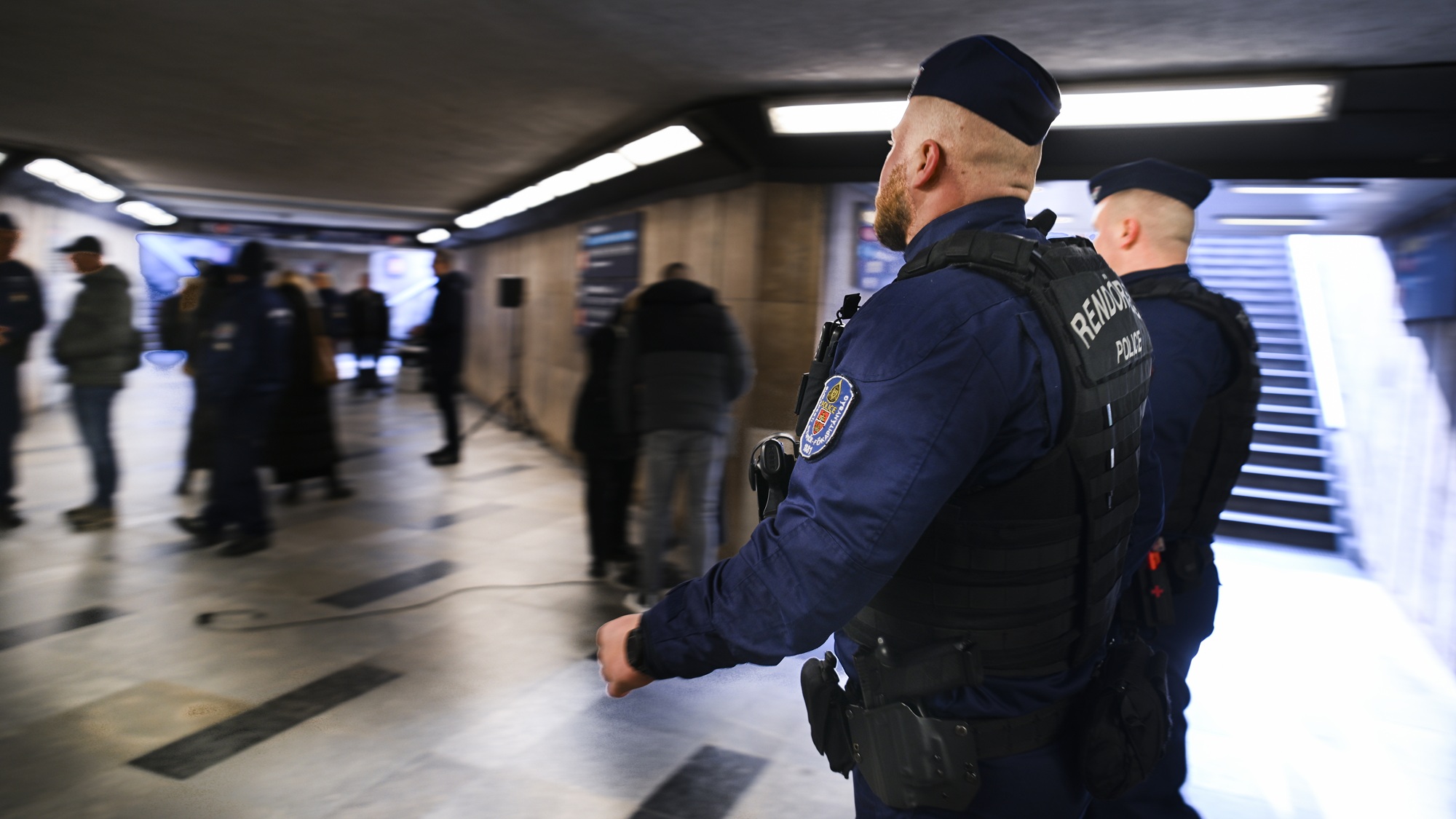
A man died in Hungary after an alleged case of police brutality during a drug-related arrest. His family claims he was beaten and dragged despite severe injuries. Authorities deny wrongdoing, but a criminal investigation is underway and protests are planned in Szeged this weekend.

What drives India’s interest in the India–Middle East–Europe Economic Corridor (IMEC)? Could the project boost not just economic ties but also geopolitical cooperation—and signal a shift in India’s neutral stance toward a more Western alignment to counter China? We asked a leading Indian analyst at the Danube Institute’s IMEC conference.
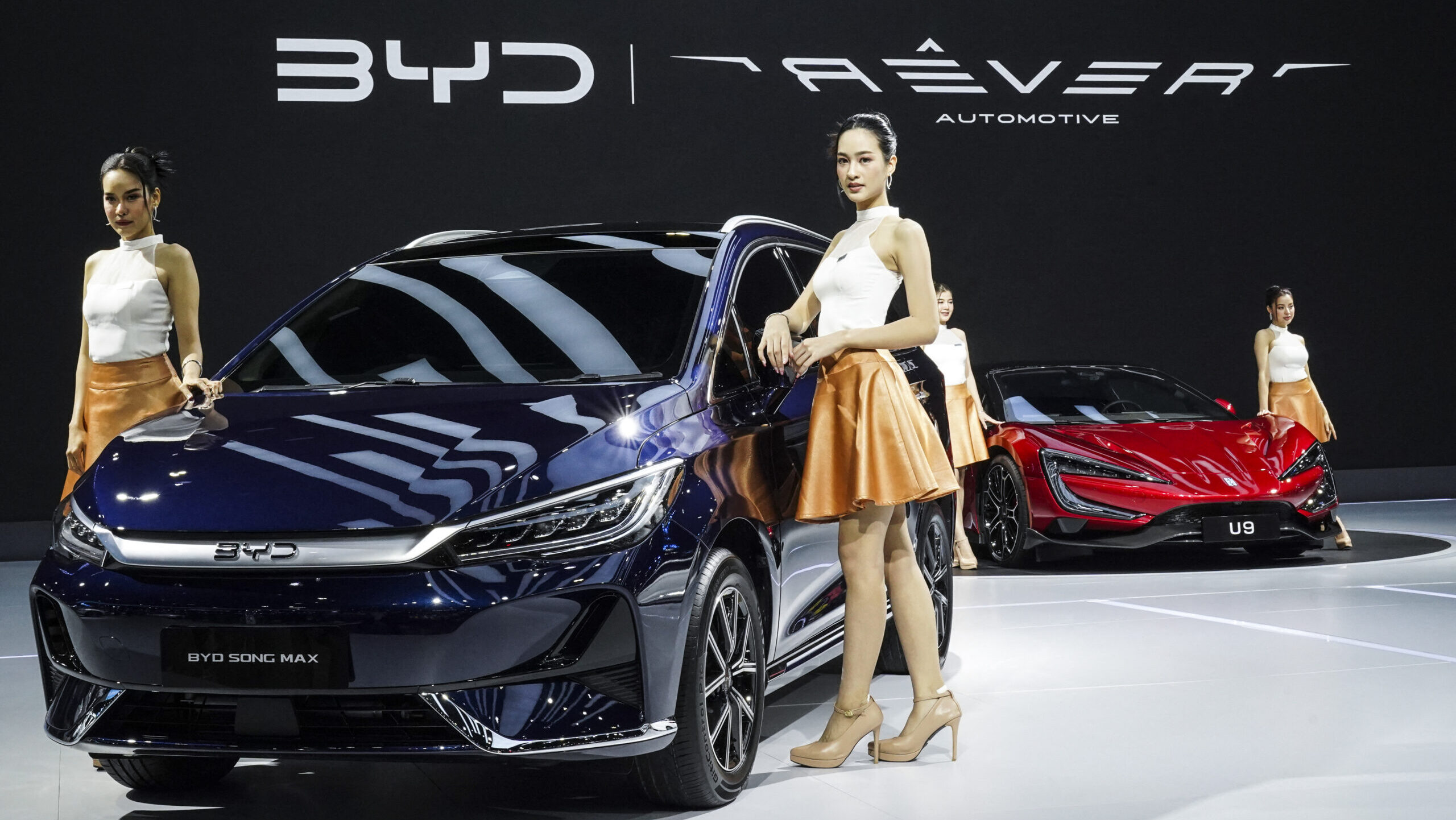
Environmental protection has become a central political issue in China, a country responsible for 31 per cent of global industrial output. Former President János Áder and sinologist Gergely Salát explore how China is transforming itself into a green superpower.
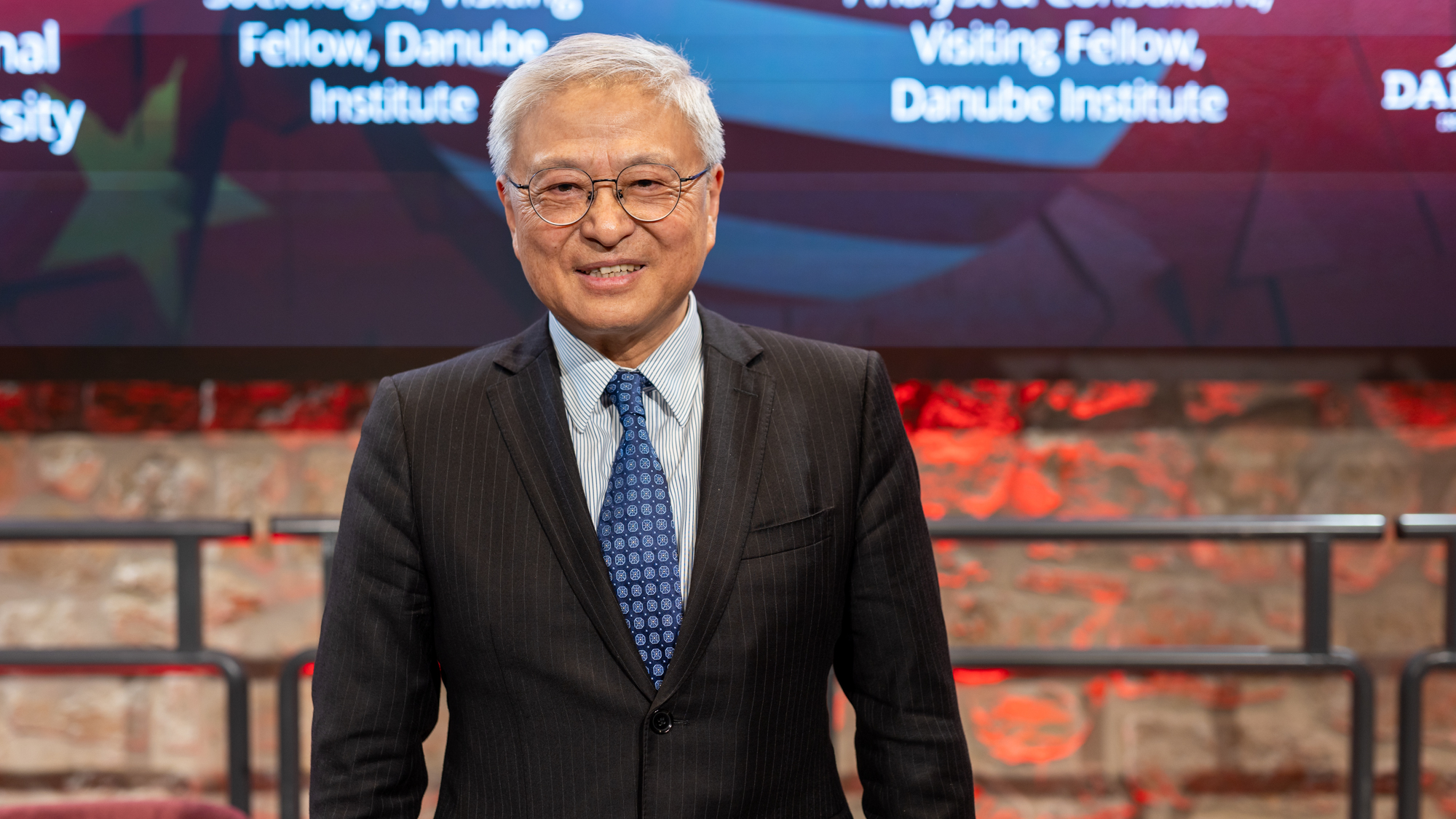
What is China: an enemy of Europe and America, or just a competitor, or maybe a friend or ally? Is it a real threat to the Western economy and security? What new world order does China want, and why is Hungary important for Beijing? We asked a prominent Chinese foreign policy expert about the nature of the rising star and the unstoppable giant, China.
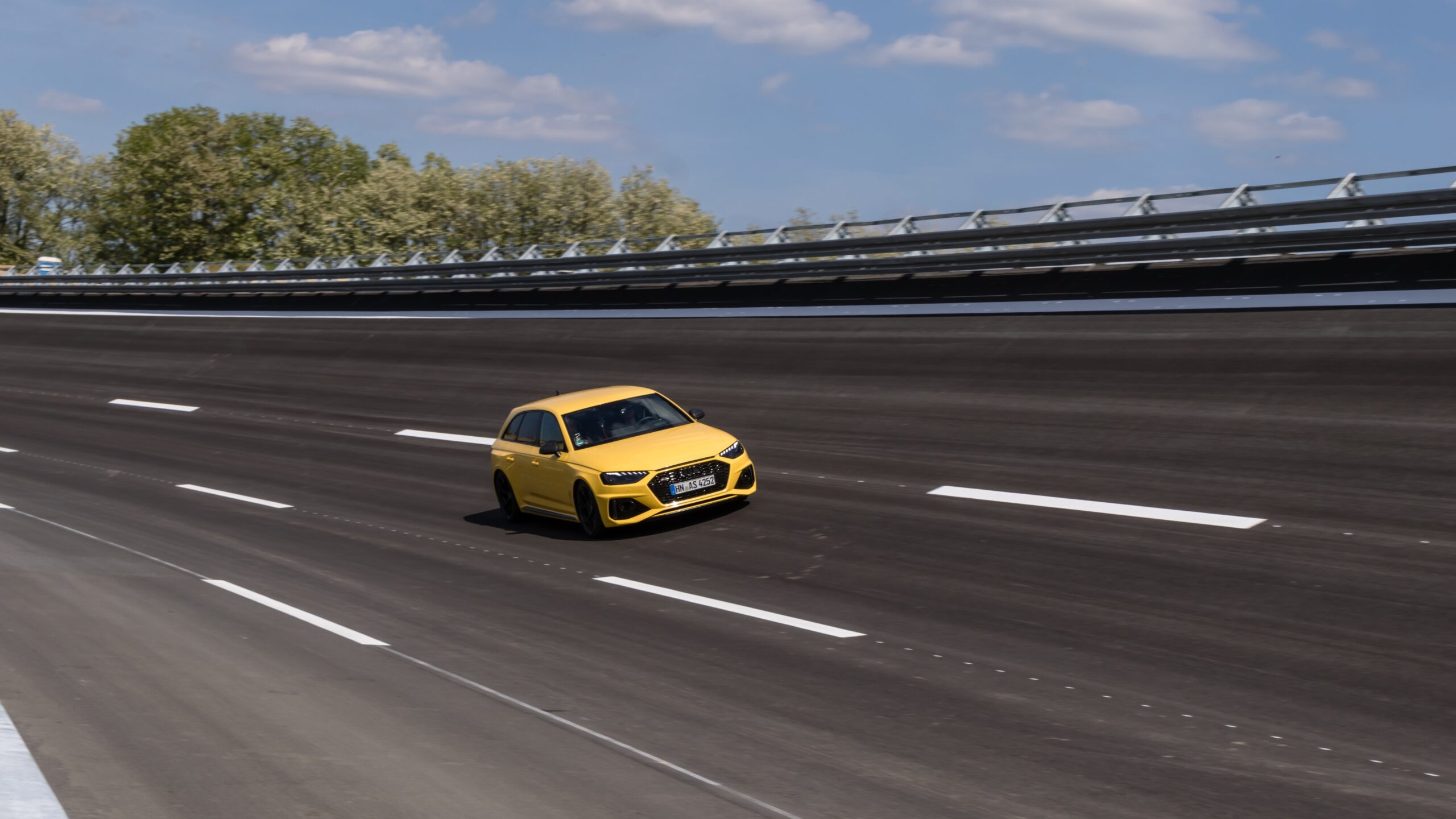
A 4.45-kilometre high-speed oval track capable of supporting speeds up to 250 km/h was inaugurated at ZalaZONE in Zalaegerszeg, marking a major step in Hungary’s bid to become a hub for automotive innovation and global industry collaboration.
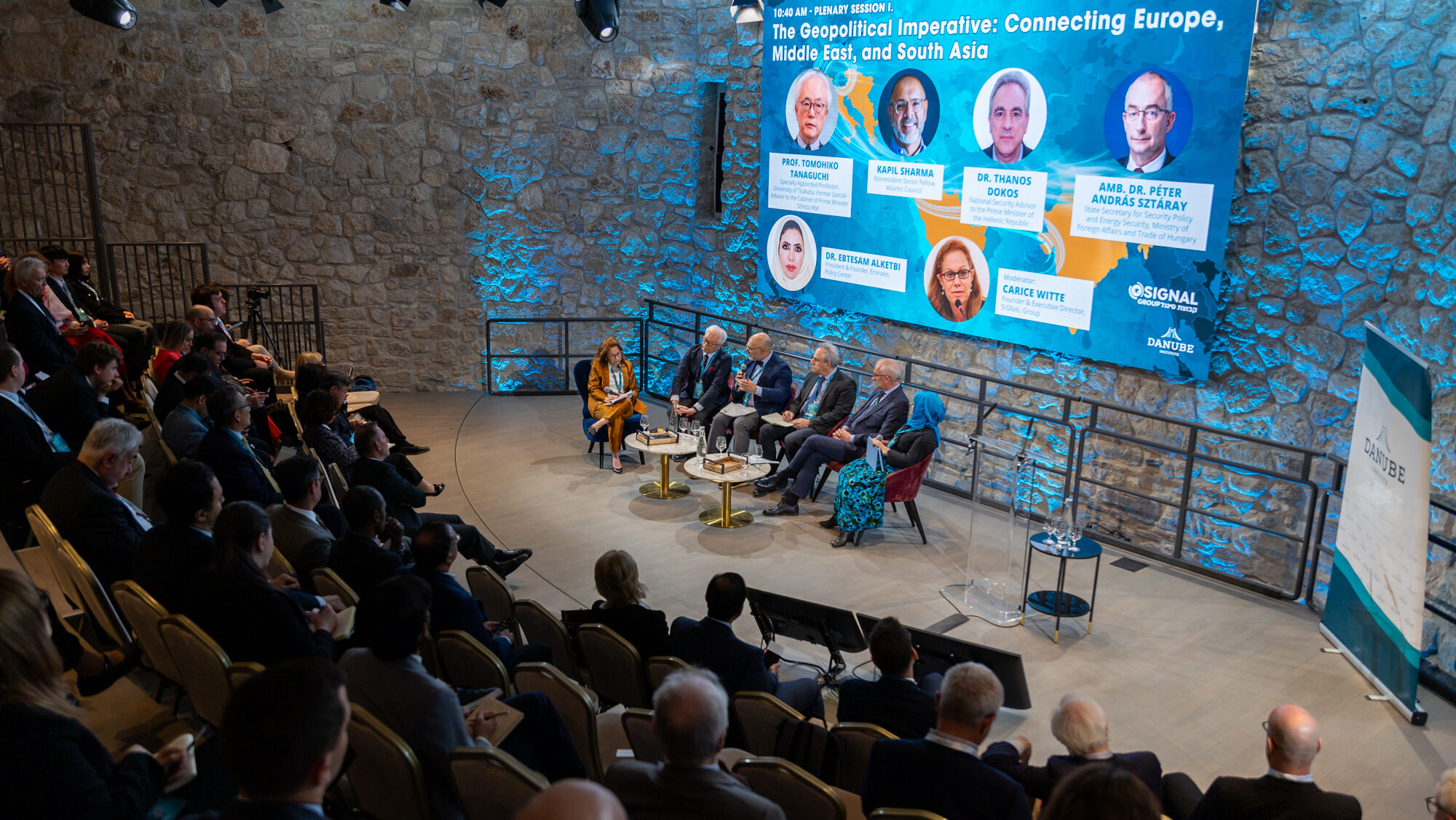
Budapest-based Danube Institute and the Israeli SIGNAL Group co-organized a conference on the India–Middle East–Europe Corridor (IMEC)—an alternative transport route proposed in 2023 by G20 countries to link Asia to Europe while countering China’s Belt and Road Initiative. Experts and policymakers argued that IMEC could represent a new vision of multipolar cooperation, economic resilience, and strategic autonomy.

As global urbanization and demographic shifts reshape societies, generational labels like Gen Z and Baby Boomer attempt to explain cultural divides. Yet these terms often fail to capture the complex, region-specific forces shaping identity, values, and social behaviour in an increasingly interconnected world.
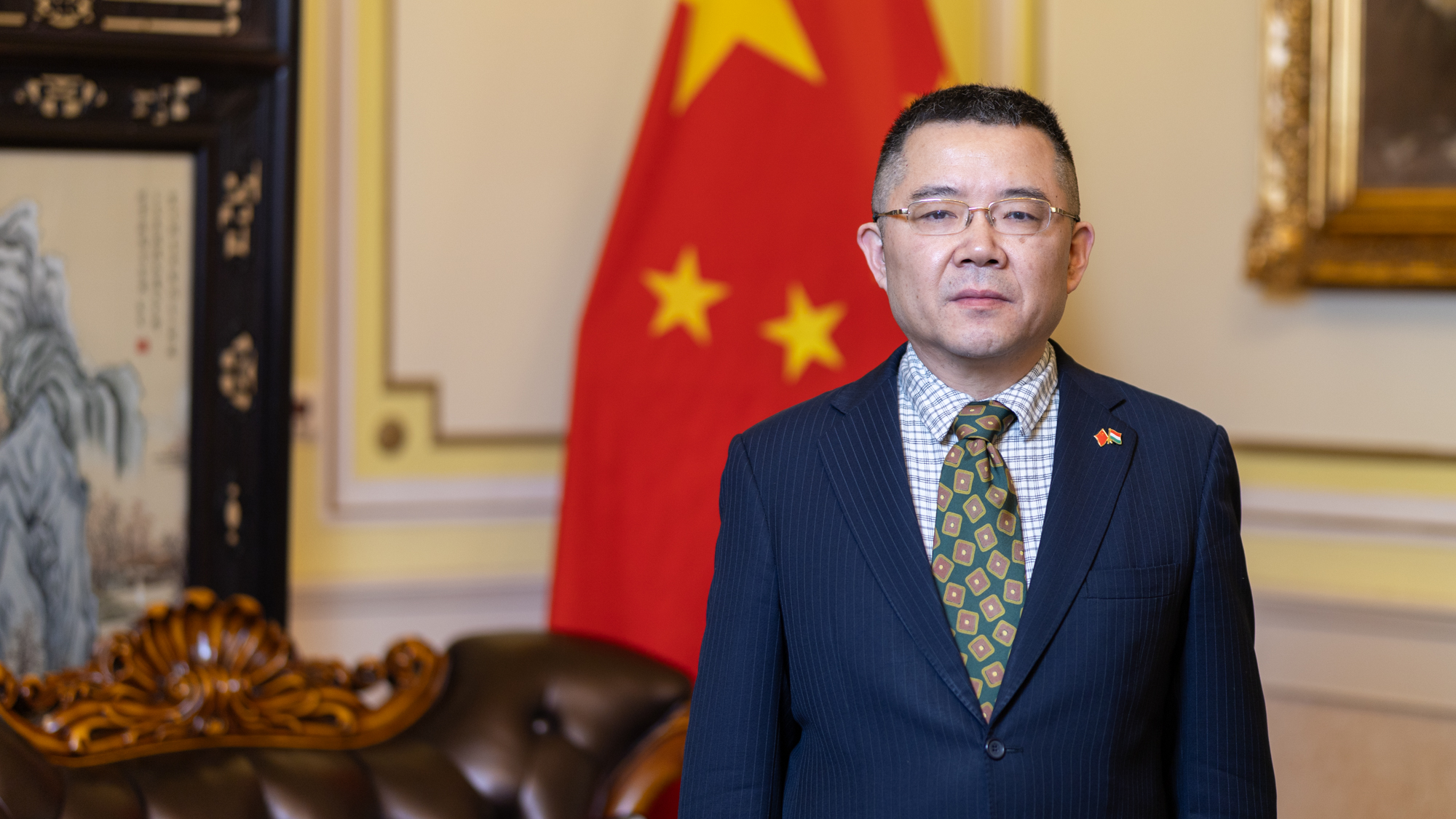
How does China plan to counterbalance the American tariff actions? Where can China find new markets for its products? What are the main goals of the Chinese foreign policy and neighbourhood diplomacy? And how does Hungary’s connectivity policy align with the Chinese strategy? The Hungarian Conservative spoke with the Chinese Ambassador to Hungary, Gong Tao, about the recent trade war.

Hungarian Conservative is a quarterly magazine on contemporary political, philosophical and cultural issues from a conservative perspective.